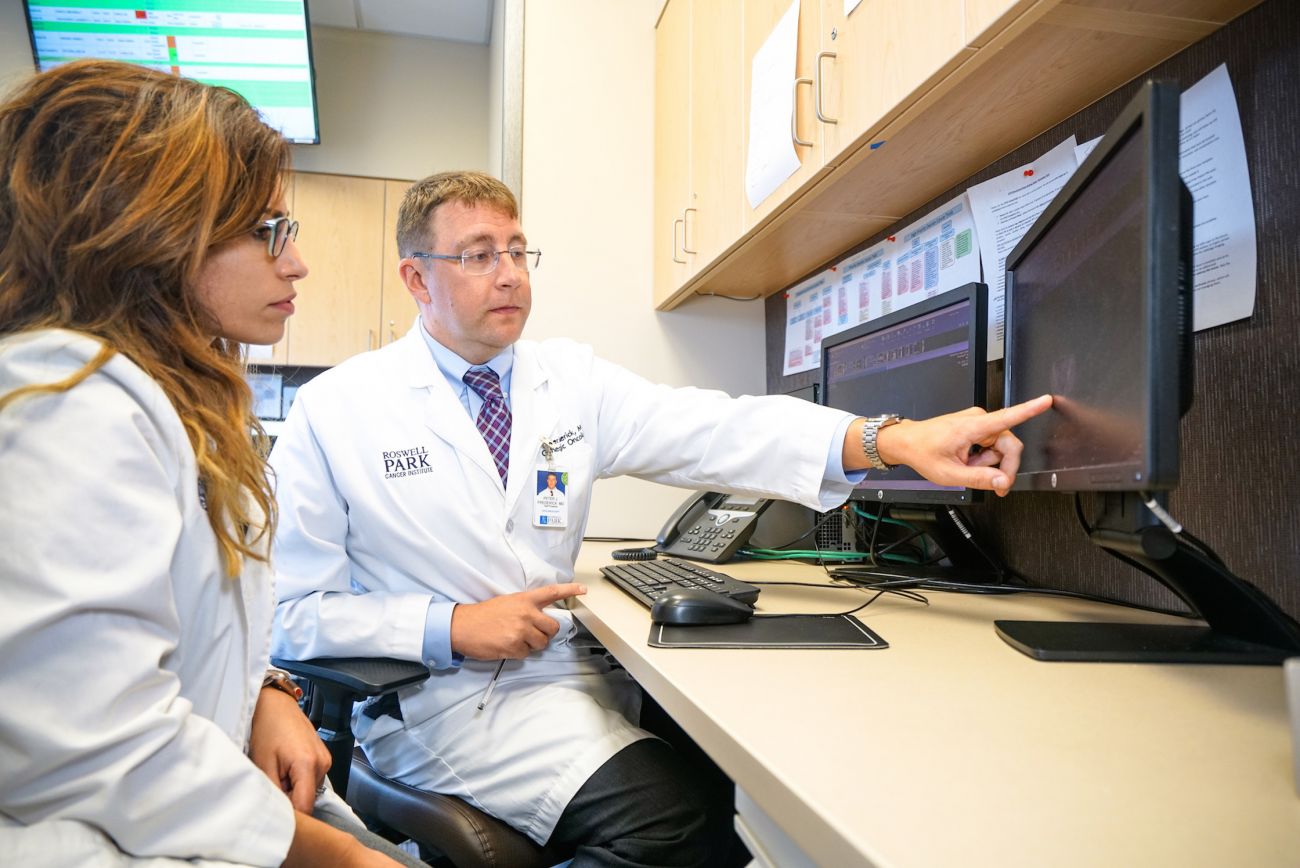The Gynecologic Oncology Group (GOG) has announced the results of a new study that may change the standard of care for women with advanced or recurrent cervical cancer. The findings of this clinical trial were recently released by the National Cancer Institute (NCI). One of the goals of this GOG study was to evaluate the effectiveness of a new treatment called bevacizumab (brand name AvastinTM). This agent is believed to block the growth of nutrient-supplying blood vessels that form in cancerous tumors. A second study goal was to determine whether topotecan combined with paclitaxel is superior to a standard treatment combination of cisplatin and paclitaxel.
The Study
There were 452 women enrolled in the study who were diagnosed with advanced-stage or recurrent cervical cancer but had no prior chemotherapy. The study treatments were randomly determined for each patient. Approximately half of the patients received topotecan with paclitaxel and the other half received cisplatin and paclitaxel. Additionally, about half of the women in each of these treatment groups received bevacizumab with their chemotherapy. The primary measure of treatment efficacy was duration of overall survival. Progression-free interval, clinical response, quality of life and the frequency and severity of adverse events were also evaluated.
The Results
Following an interim analysis, the study’s Data Monitoring Committee voted to release the study results early since they indicated that the women who received bevacizumab lived significantly longer than those who do not receive bevacizumab. The frequency and type of bevacizumab-related adverse events were consistent with previous studies that evaluated bevacizumab in patients with other types of cancers. The study results also indicate that topotecan combined with paclitaxel was not superior to cisplatin combined with paclitaxel. A detailed presentation of the study results is being prepared for the American Society of Clinical Oncology (ASCO) meeting in June 2013.
We are all deeply indebted to the women who participated in this study. The information that they provided will be invaluable to other women diagnosed with advanced or recurrent cervical cancer, as they make their own decisions about treatment.
About the GOG
The Gynecologic Oncology Group (GOG) is one of nine cooperative groups sponsored by the National Cancer Institute. This group is dedicated to conducting studies that improve the lives of women diagnosed with gynecologic malignancies. In addition to Roswell Park Comprehensive Cancer Center, there are over 600 other treatment centers located throughout the United States, Canada, United Kingdom, Spain, Japan, Korea, Australia and New Zealand that participate in GOG studies. The studies conducted by the GOG have helped to define the standards of care for women diagnosed with ovarian, cervical, corpus endometrial, fallopian or primary peritoneal cancers. The Statistical and Data Center for these studies is also located at Roswell Park Comprehensive Cancer Center.
